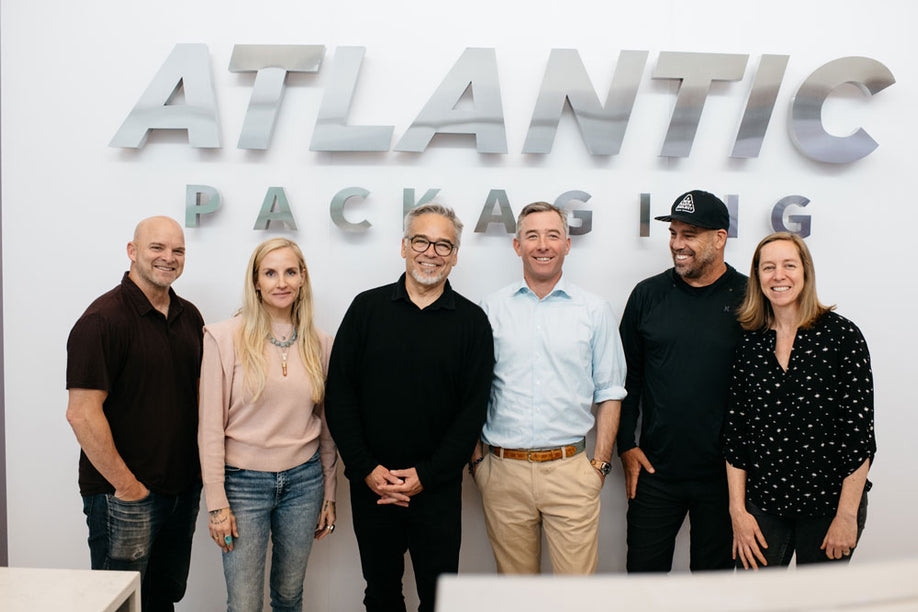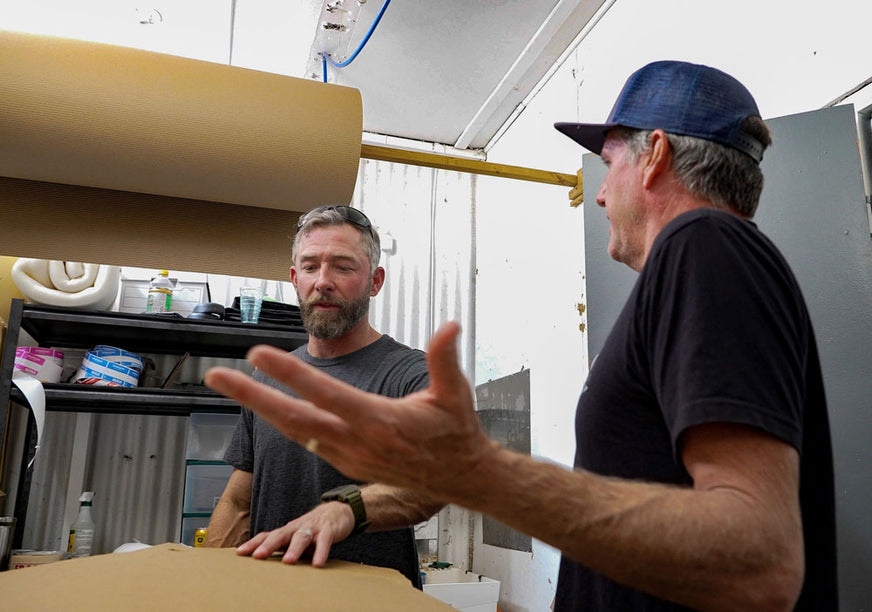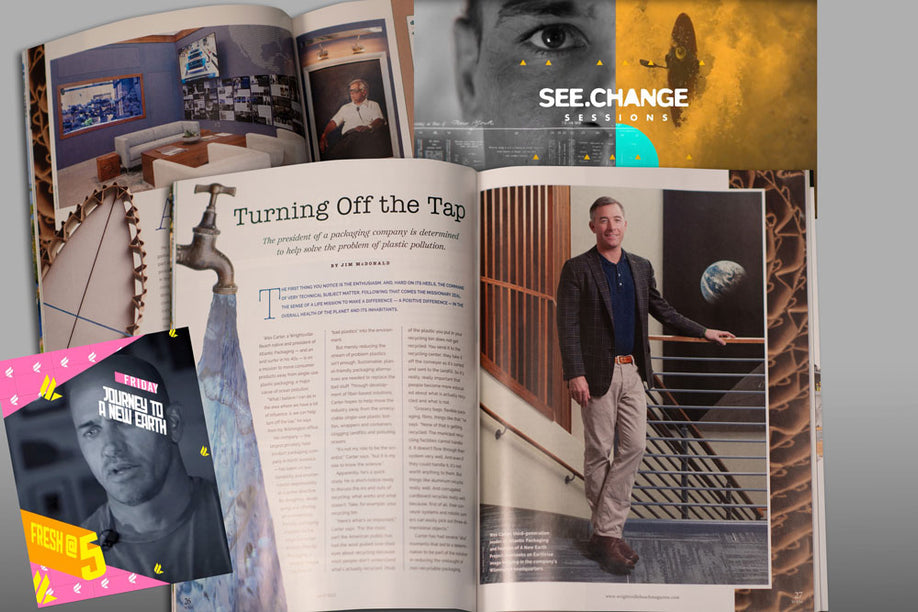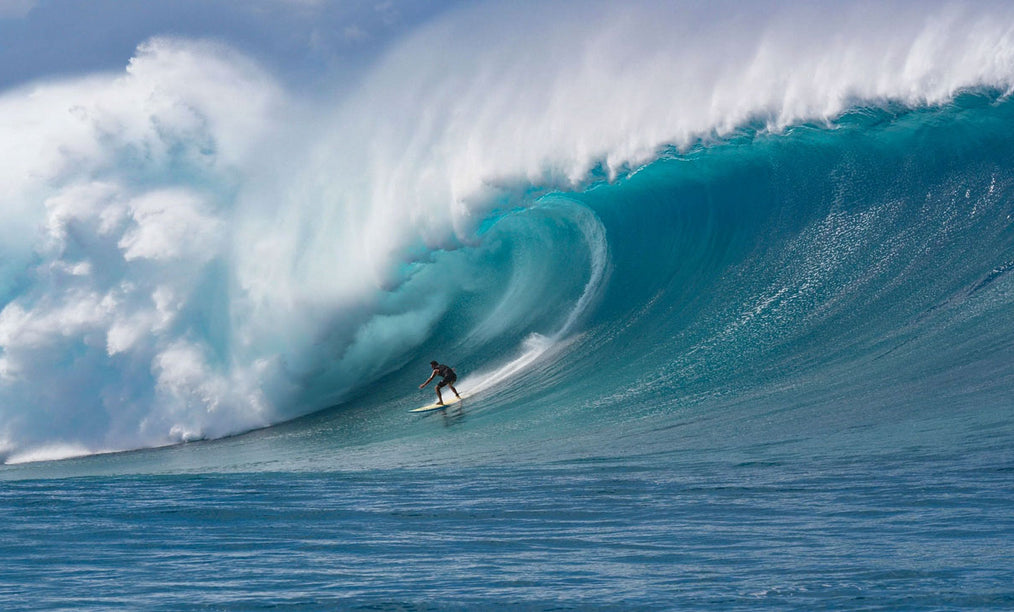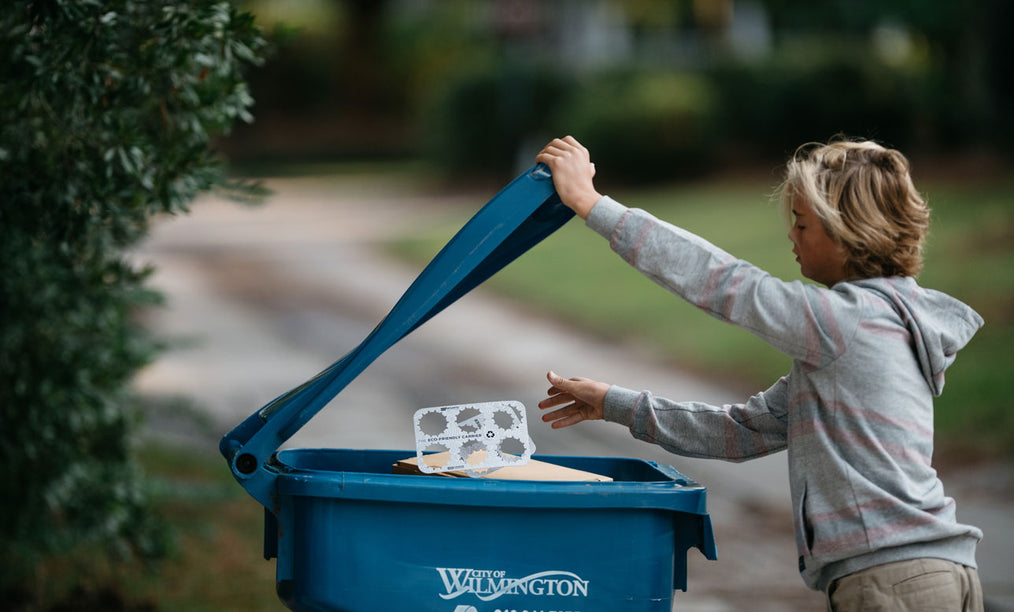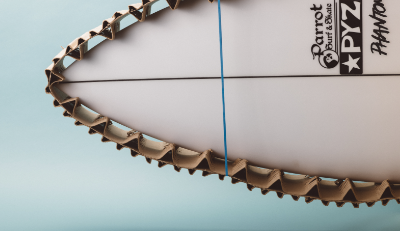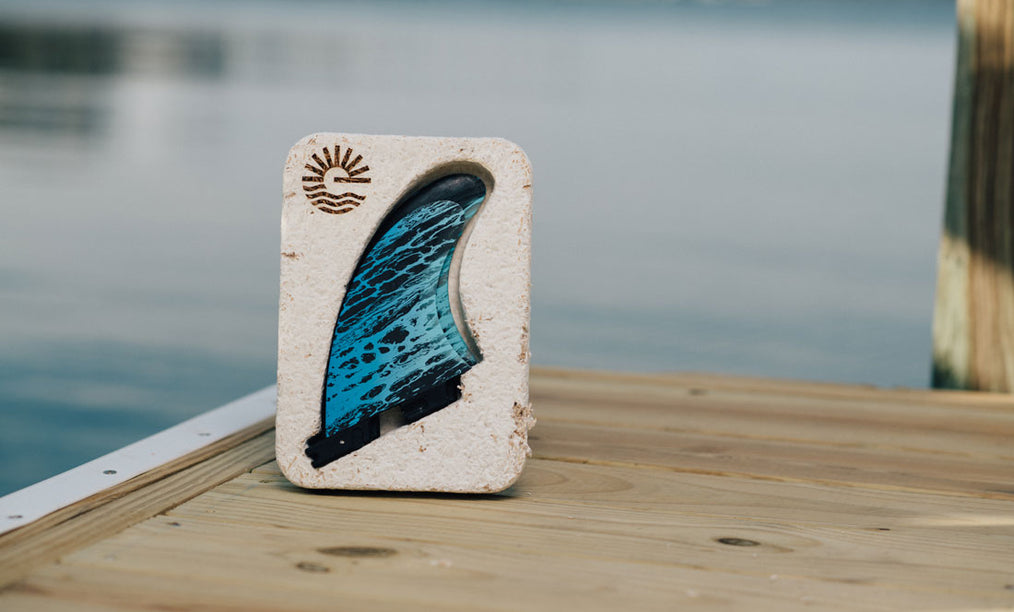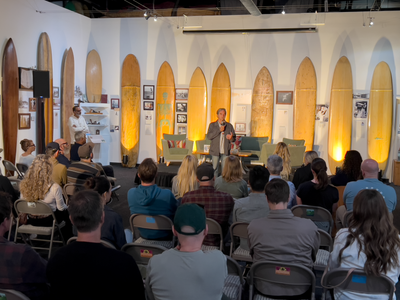If you're remotely interested in reducing your plastic waste, you needn't look far for inspiration. The amount of tips and tricks are endless, and everywhere. Google the question and you'll be stuck scrolling through thousands of Top 10 lists dating back years.
Assuming you don't have time to sift through all that, however, fear not, because we've taken the liberty to sift through most of it for you. We've created our own Top 10 out by culling from the rest.
But to qualify for our list the ideas had to rank high across three different spectrums:
- The first is actual impact.
- The second is the ease of transition.
- And the last is affordability and value.
So let's jump right in...

1. Just Say No to the Plastic Bag
The typical single-use plastic shopping bag is ubiquitous, which is why it's the No. 1 culprit of plastic waste impacting nature. More than 5 billion per day are being produced globally because they're cheap, light, and strong. But when you consider our typical use time can be measured in seconds, yet they're stuck on earth for a few hundred years, the cost to our planet and future generations is astronomical. That's worth getting upset about. In fact, the vast majority of the earth's population now believes single use plastic bags should be banned. But given the special interest groups involved, that fight will take years. So until then we should stop using them, and stop accepting them. Ask your favorite businesses to do the same. There's no shortage of reusable bag options out there. If you commit to just one thing on this list, make it this one.

2. Befriend Your Reusable Bottle
Plastic bottles, like plastic bags, are the second biggest culprit of plastic waste. 40 billion per month are made worldwide. That's nearly a million per minute. In developed countries not nearly enough are recycled, which means they end up in landfills. Meanwhile, in developing nations that lack proper waste collection these bottles leak into the environment where they get stuck polluting for hundreds of years. That pollution is now filling up our oceans, threatening virtually all life on the planet. Enough is enough.

3. Box or Can as Your Backup
These days, more and more beverage companies are sticking with aluminum cans (which can be recycled almost in perpetuity) and fiber based boxes that are far less harmful to the environment The box is by far the best alternative from a pollution standpoint, but the recycled cans and glass bottles also have a big advantage over a single use plastics. If you don't have your reusable bottle with you, look for these options first when you stick your head in fridge.

4. Pick the Fruit Instead of the Packaged Goods
Food packaging is another massive contributor to the plastic waste problem, and due to the perishable contents inside this aspect of the waste problem is one of the most difficult to solve. Humans need food, and plastic does a decent job protecting food from being wasted. Having said that, our store shelves (let alone our pantries) are often filled with food we don't need. From a health perspective, they're usually loaded with carbs and calories. So do yourself and your planet the favor of snacking on more fruit. Try it for a week and see how you feel. You'll be shocked! And your trash can will thank you too.

5. Be Timeless, Not Trendy
Believe it or not, 60% of the materials made to make our clothes these days contain plastics. Most of us don't think about clothes contaminating our environment, but the reality is the entire industry, most especially fast-fashion, is highly destructive. So rather than chase trends, go for the classic vibe and stick with your favorite staples. What's more, spend a couple extra bucks for higher quality items that last. Not only will you look great, you'll always look great. Be selective. Choose wisely. Buy less.

6. Dine In More Often
The take-out trend hit all new highs during COVID, and sadly, way too many people got cozy with that habit. Take-out packaging is comprised almost entirely of single-use plastic products. We needn't tell you how horrible this is. Nothing fills up your kitchen trash can faster. So do yourself and the planet a big favor and just dine in: either at your house, by making your own meal, or at that place where you're getting your meal. Don't rush your meals. Make eating part of your "me time" each day. Catch up with friends or crack the code on the latest WORDLE. Trust us, your work can wait. You're reading this aren't you?

7. Coffee for the Car and Loose Tea
Coffee or Tea? Chances are one of these is your vice. Add that up over billions of people and we're talking about a lot of plastic cups and plastic packaging in the waste stream. If coffee is your thing, be sure to use your favorite mug or your closed cup for the car. Every respectable coffee joint in town will reward your effort. If they don't, don't reward them with your business. And if tea is your thing ditch those bags for the loose stuff. You'll love the flavor, there are cool little gadgets to help you class up your act, and you'll feel great because those annoying little plastic wraps aren't all over your counter.

8. Bulk Up
If you're shopping for more than yourself then we needn't tell you about the cost advantages of buying in bulk. But even if you're a solo act there are great environmental advantages to stocking up on your staples. Consumer packaging makes up about 1/3 of the plastic pollution problem, so bulk purchases reduce the impact significantly.

9. Mind Your Storage
Of course if you do bulk up you'll need to make space for your excess goods. While the big boxes of backup can stay shelved in the garage, you can class up your pantry with eco friendly glass options that are airtight and reusable. What's more, there are great storage options for packed lunches.

10. Take Two and Get Your Fingers in the Fight
Be an online warrior in this fight. When your favorite brands send you goods that aren't wrapped in completely curbside recyclable packaging take two minutes to let them know they're blowing it by reaching out to them via social channels. These days, whether it's wrapping, cushioning, or void fill, there are fantastic eco-friendly alternatives to the plastic packaging problem. Don't fall for the greenwashing labels on plastic-lined envelopes or plastic air cushions, neither of which are curbside recyclable. Demand 100% curbside recyclable packaging from your favorite brands. They're listening.

